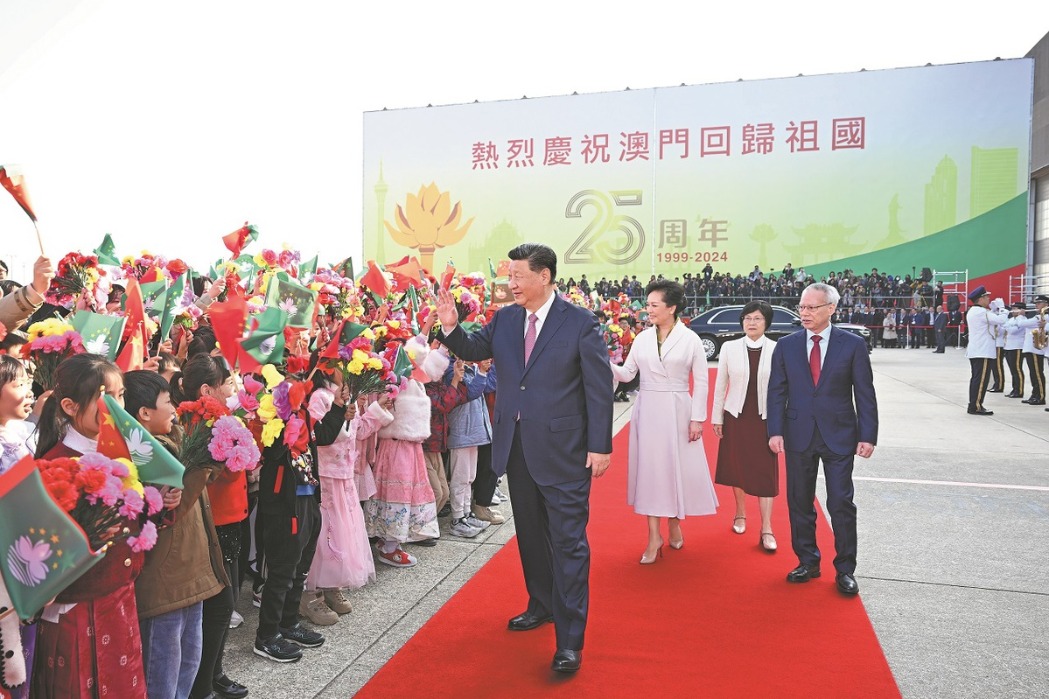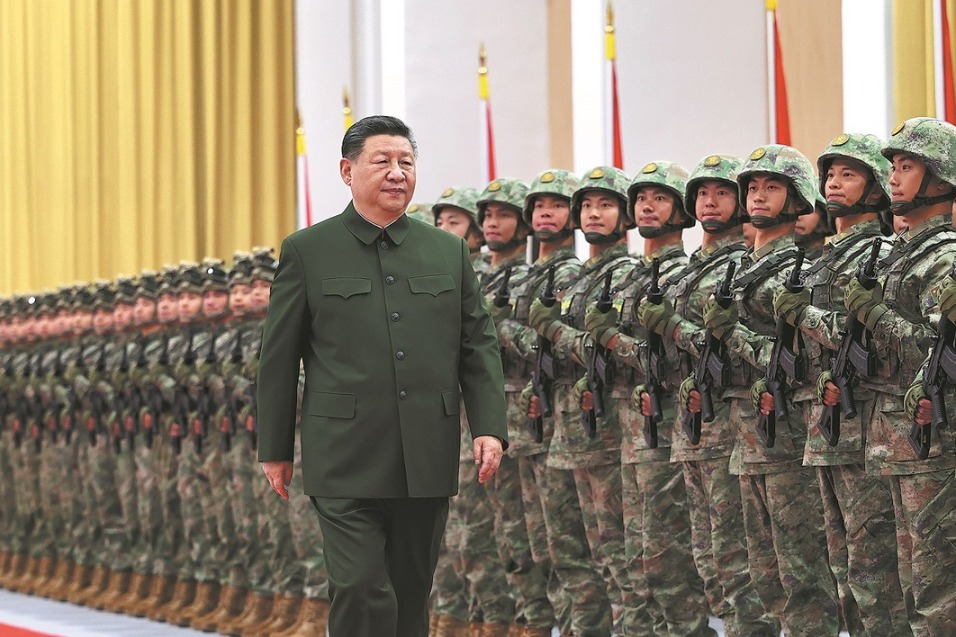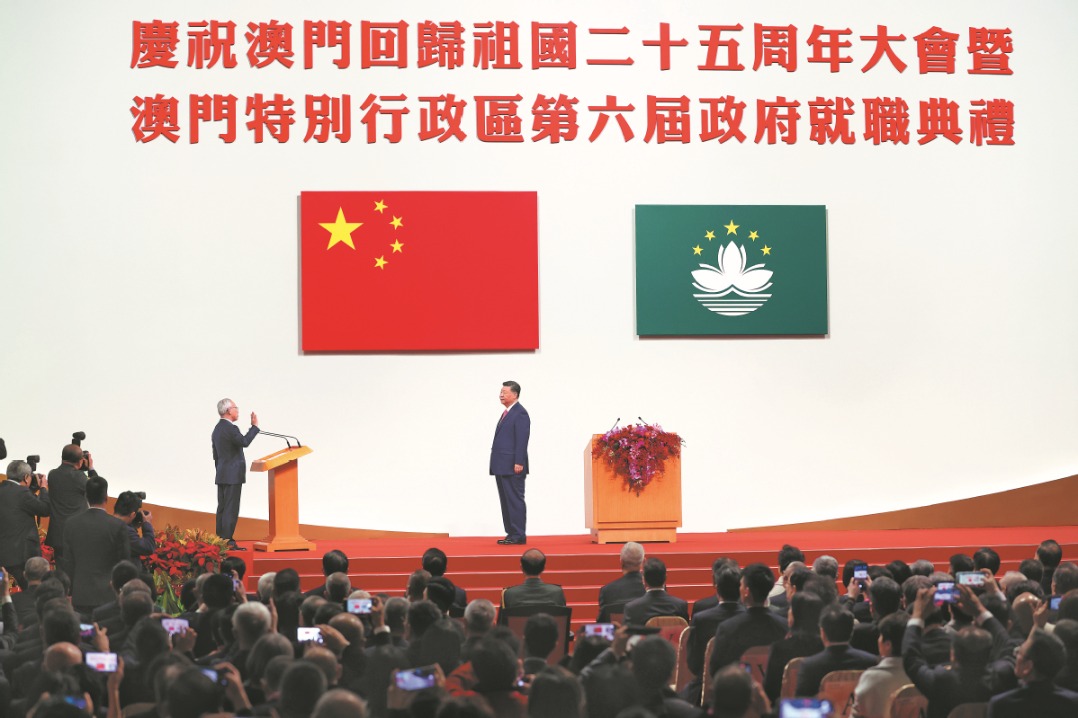Focus of fiscal policy will be on boosting domestic demand


The Central Economic Work Conference pointed out that it is necessary to implement more proactive macroeconomic policies to expand domestic demand. To this end, China will increase the government deficit ratio, the quota of local government special bonds, and the issuance of ultra-long-term special bonds to expand domestic demand and stabilize the economy next year.
The highest deficit ratio of the Chinese government in recent years was 3.8 percent in 2023. The fiscal deficit ratio in 2025 may rise to about 4 percent. In addition, the quota of local government special bonds this year is 3.9 trillion yuan ($534.5 billion), and the quota of new special bonds next year is expected to rise to more than 4 trillion yuan. The investment areas of the bonds may be expanded to localized bonds and real estate acquisition, and the scope of their use as project capital is also expected to expand.
Allowing local governments to spend their revenues from the special bonds buying idle houses can help stimulate the demand of the real estate market and promote the stabilization of the real estate industry.
The increased ultra-long-term special bonds will be used for the implementation of major strategies related to new quality productive force, urban-rural integration, regional coordination, and people's livelihoods, and the construction of security capabilities in key areas.
The role of the equipment and consumer goods trade-in in driving consumption and investment growth is obvious. Next year, the ultra-long-term special treasury bond funds used to support the endeavors are expected to increase significantly.
The government will also increase the intensity of fiscal expenditure, optimize the structure of fiscal expenditure, and strengthen the guarantee of key areas of people's livelihoods. Only by increasing residents' income and stabilizing social expectations can the government effectively spur residents' consumption capacity.
In addition, the government should further optimize its expenditure structure to tilt more resources to the transformation and upgrading of key areas such as emerging industries and traditional industries.
To that end, the authorities need to further strengthen the coordination and cooperation among fiscal, monetary and industrial policies in various fields to form a policy synergy and ensure the actual policy effect.
21ST CENTURY BUSINESS HERALD
































